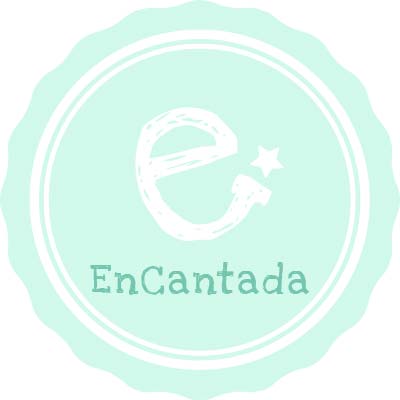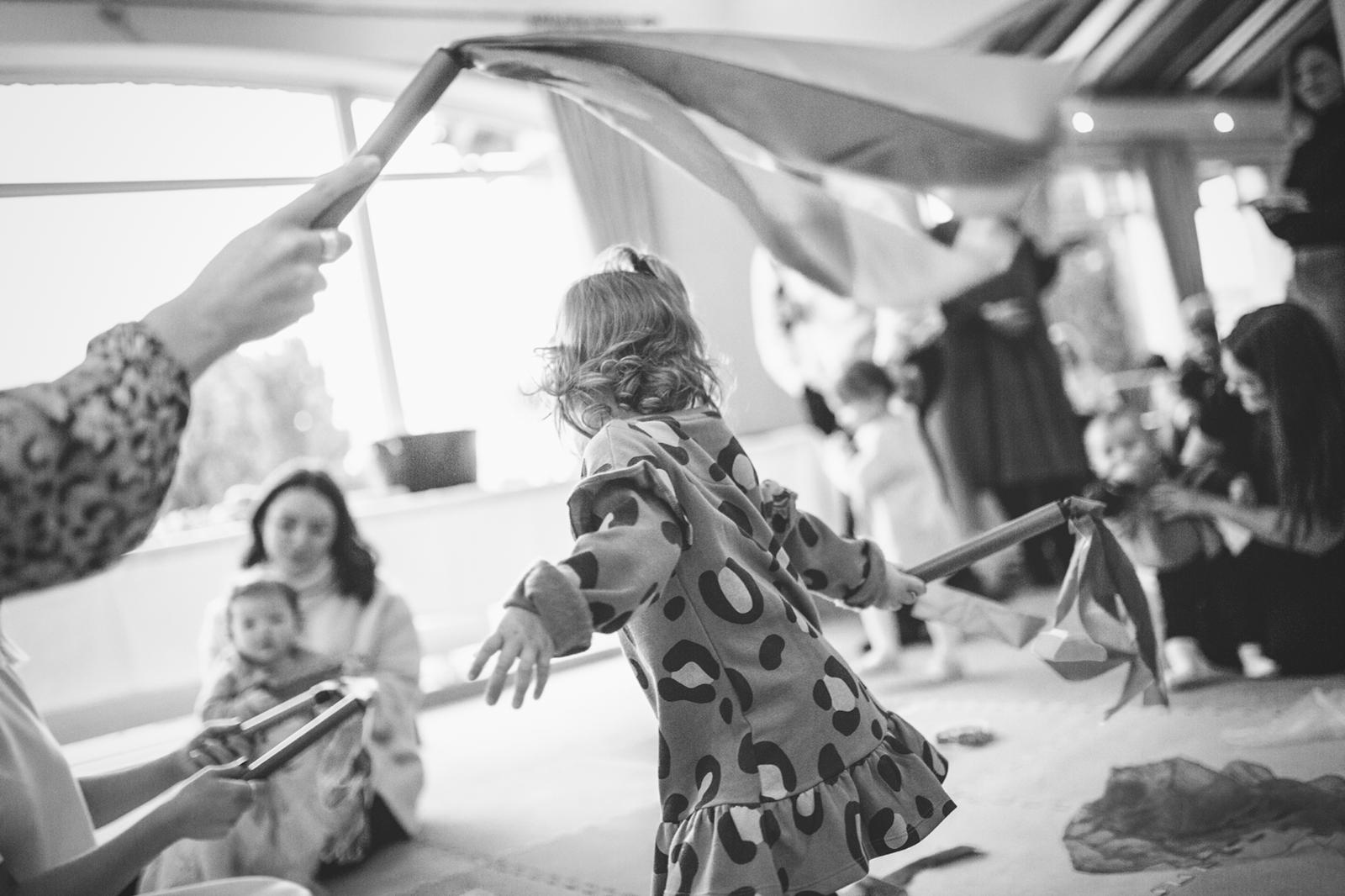What are the benefits of my child learning a second language?
So many! Here are a few that really stand out:
- Brain power boost! Studies have demonstrated improved problem solving, critical thinking and memory skills in bilingual learners.
- Better cognition. It’s all about HOW the brain thinks. Bilingual children are often better at multitasking, concentrating and have enhanced creativity.
- Cultural tolerance, curiosity and empathy. Children exposed to a different language and culture tend to have a more positive attitude to those who are different to them and that’s certainly something to be encouraged!
- Language for life. Learning more than one language from an early age makes it much easier to learn further languages in the future due to the brain skills required to retain this knowledge.
- A brighter future. Having knowledge of more than one language can offer more opportunities for your child in their future life and career.
When should my child start learning another language?
The earlier, the better. We all know that children are like sponges and absorb the world around them. Language is no different, in fact there is plenty of evidence to suggest that learning another language from birth is the best possible way. It’s all down to the science of how knowledge is stored and accessed in the brain in children in their early years. When something is natural to them, they just learn it, with minimal effort.
Some studies have shown that children’s ability to learn a second language reaches it’s peak by about 6-7 years of age, others believe that this can still extend through puberty. However, most findings show that after puberty, it becomes much harder for children to learn a second language, which explains why many children struggle to connect with a second language during secondary education.
How can I encourage my child if I don’t speak another language?
By giving them the tools to learn and being persistent. As with any skill, routine and repetition are key particularly with language. Building this into day to day life might seem like an impossibility if you don’t speak another language, so let someone else do the work for you:
- Classes – EnCantada classes are the perfect place to start! A relaxed and stimulating environment for your child is essential. They also give you the opportunity to learn vocabulary that you can use at home. The more you use it, the more natural it will be for you and your child.
- Books & Audio Books – We have the world at our fingertips online. There are so many bilingual books out there including audio books, perfect for car journeys, bedtime listening etc. Take a visit to your local library or bookshop, and just ask, there are some gorgeous options available. Some options can be pricey, but consider sharing with family and friends that you want your child to learn another language. People can find it difficult to choose gifts for children and most people prefer to give birthday and Christmas presents that have a practical use.
- Online resources – Youtube is an amazing tool for language learning as it is for many things. You can find songs, videos, books…all sorts! Setting up a playlist is a simple way for your child to watch and listen with security and you can continue to add to this as you go along.
- TV & Film – Again, these can be sought out online if you’re looking for something specific. Companies such as Amazon sell versions of popular films in different languages, but this can become expensive. Some streaming services such as Netflix will allow you to change the audio language of programmes, so your little one can enjoy their favourites while learning a different language at the same time. For parents, this can also help you to grasp the basics of the language without too much effort.
- Travel – Giving children a chance to use the language they’ve been learning can so beneficial as it encourages self-confidence and gives their skill a real purpose. If you’re able to go abroad on holiday, consider a location where they will have the chance to do that to build on their experience and enjoy embracing another culture. Ask them to greet people in the native language and encourage them to show off! Most children love to! If it works around your schedule, try and visit during special festivals and local events to allow them to enjoy different traditions and celebrations.
Will it impact their academic development?
Yes, in a very positive way! As we already know, there are so many benefits to learning a second language. But one of the huge benefits academically is the deeper understanding you gain about your own language. Grammar, reading, writing and communicating all improve, not to mention your vocabulary.
We make links between the vocabulary we already store in our native tongue and understand more about the structures and meanings of words which allow us to use them more accurately. Take the word ‘guilty’ in English, the Spanish word for guilty is ‘culpable’, a synonym for guilty in English, already your vocabulary broadens. It’s fascinating for us language nerds out there!




